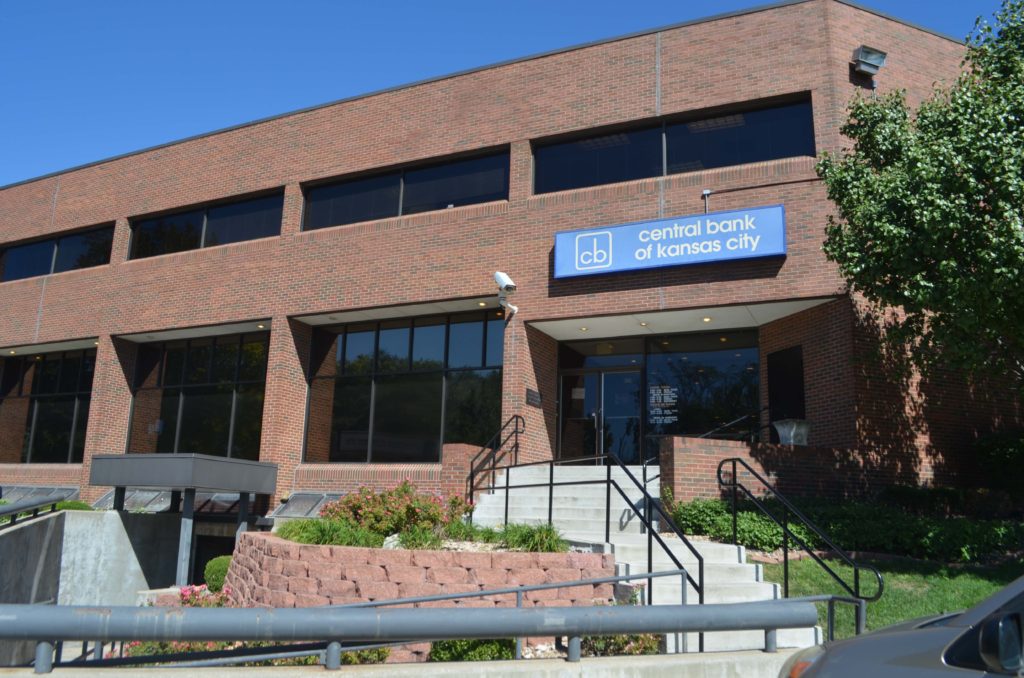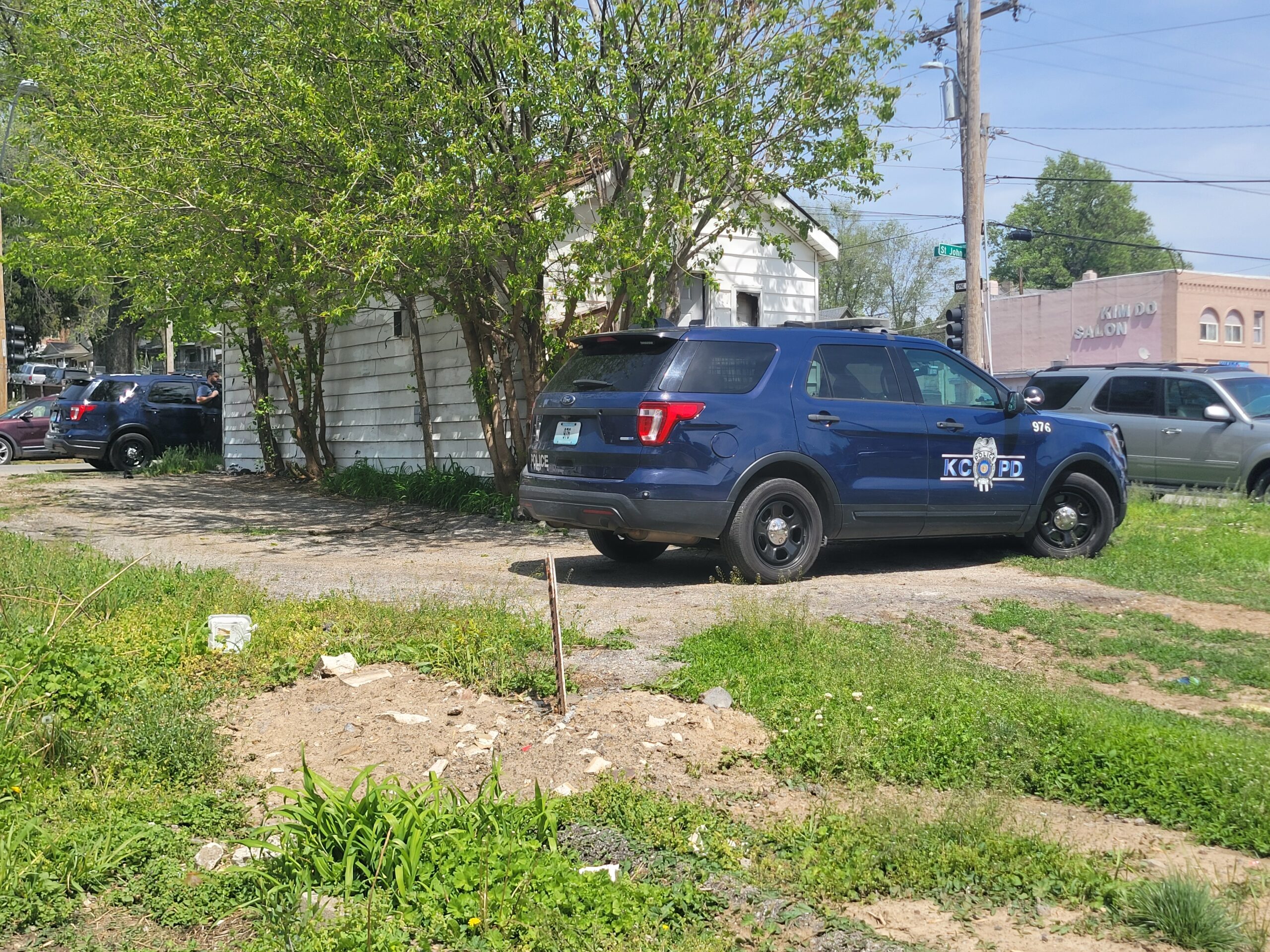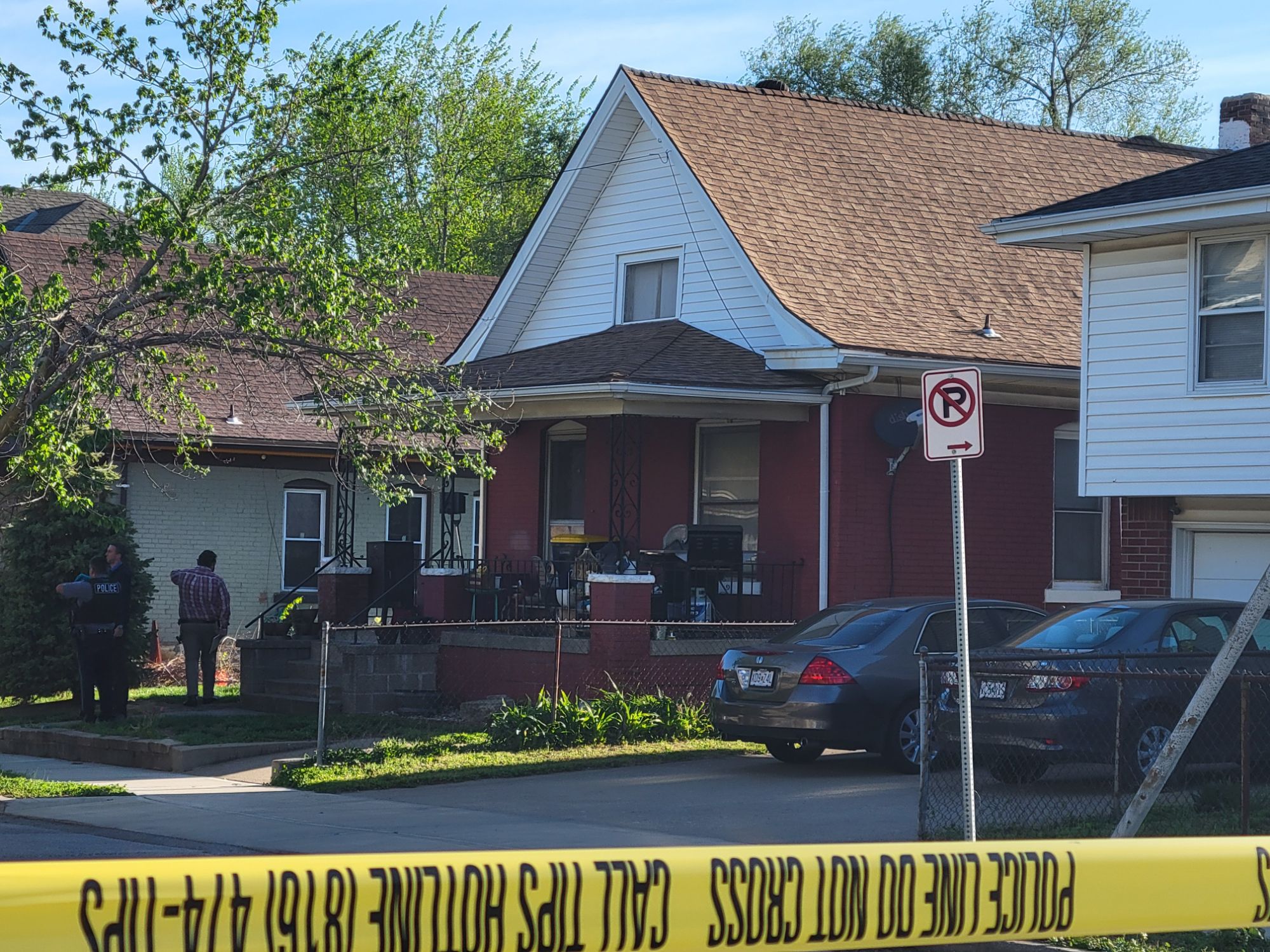
By Paul Thompson
Northeast News
October 5, 2016
KANSAS CITY, Missouri – Over the past seven years, Central Bank of Kansas City has closed financing on 41 projects totaling more than $700 million throughout the city, thanks to New Market Tax Credits (NMTC) that incentivize developers to invest in projects in Kansas City’s most economically distressed areas.
Most recently, CBKC closed $5 million in New Market Tax Credits for Kansas City’s Academy for Integrated Arts (AFIA), a public charter school that currently serves 175 elementary level students. The new funding will allow AFIA to expand to a new location at 79th and Troost, while increasing its enrollment to 325 students. The way the program works is that Central Bank, working in concert with the federal government, sells those New Market Tax Credits to third parties. The tax credit turns into equity if the borrower – in this case AFIA – stays in the deal for seven years. After the seven-year period, the investor will realize a credit equal to 39% of the Qualified Equity Investment.
“We essentially have the pen on behalf of the federal government to write a tax credit to this project,” said Central Bank President and CEO Bill Dana. “Then we sell those tax credits to a third party. It’s usually a high-end investor, and somebody that’s going to have to have taxes for seven years. Typically, the investor is going to be a bank.”
The program is administered by the Community Development Financial Fund through the U.S. Department of the Treasury. CBKC is one of eight Community Development Financial Institutions (CDFI) in Kansas City.
“Our CDFI mission is entwined with who we are,” said Dana. “We want to be a bank that’s serving the community and helping in a way that’s going to be building wealth inside of the populations that we serve.”
Dana added that since the bank became a CDFI in 1998, they have been able to continue the work it’s been dedicated to since it began operating in the Northeast in 1951: helping spur development in distressed portions of the city.
“This is kind of what we do, so they invented a name for us after we were already doing that work,” said Dana. “It allows us to access special funding for projects like this.”
Central Bank doesn’t just help distressed communities by issuing tax credits, though. Part of the bank’s mission involves giving back. CBKC Marketing Director Sarah Cousineau is a constant presence in the community, organizing educational opportunities during Money Smart month in April of every year, providing courses to high school students about proper credit-building techniques, and teaching budget-conscious classes for new mothers. For CBKC, it’s all about providing opportunities to the people they serve.
“There are always challenges, and there’s always going to be pockets of prosperity,” said Dana. “The good news is that there are still a lot of devoted folks trying to make things work.”
Central Bank will also soon be re-introducing pre-paid debit cards to the community. The cards are designed to provide a low-cost banking alternative for individuals who can’t open bank accounts because of spotty financial track records.
“There’s 7% of the population that’s unbanked, and then there’s another 15-20% that’s quasi-banked or under-banked,” said Dana. “You can have more control over your balance. It’s very expensive to write bad checks. If you swipe your card and it’s rejected, there’s no charge.”
“It’s pretty impossible to overdraft it, because if the money is not on the card, it won’t go,” added Cousineau.
Dana further noted that the low-cost banking method allows card-holders to re-establish control over their own finances.
“You can get a text message every day, if you wish, to show what your balance is,” said Dana. “They don’t have to utilize a check-cashing service. They can have their check automatically loaded to their plastic.”


















